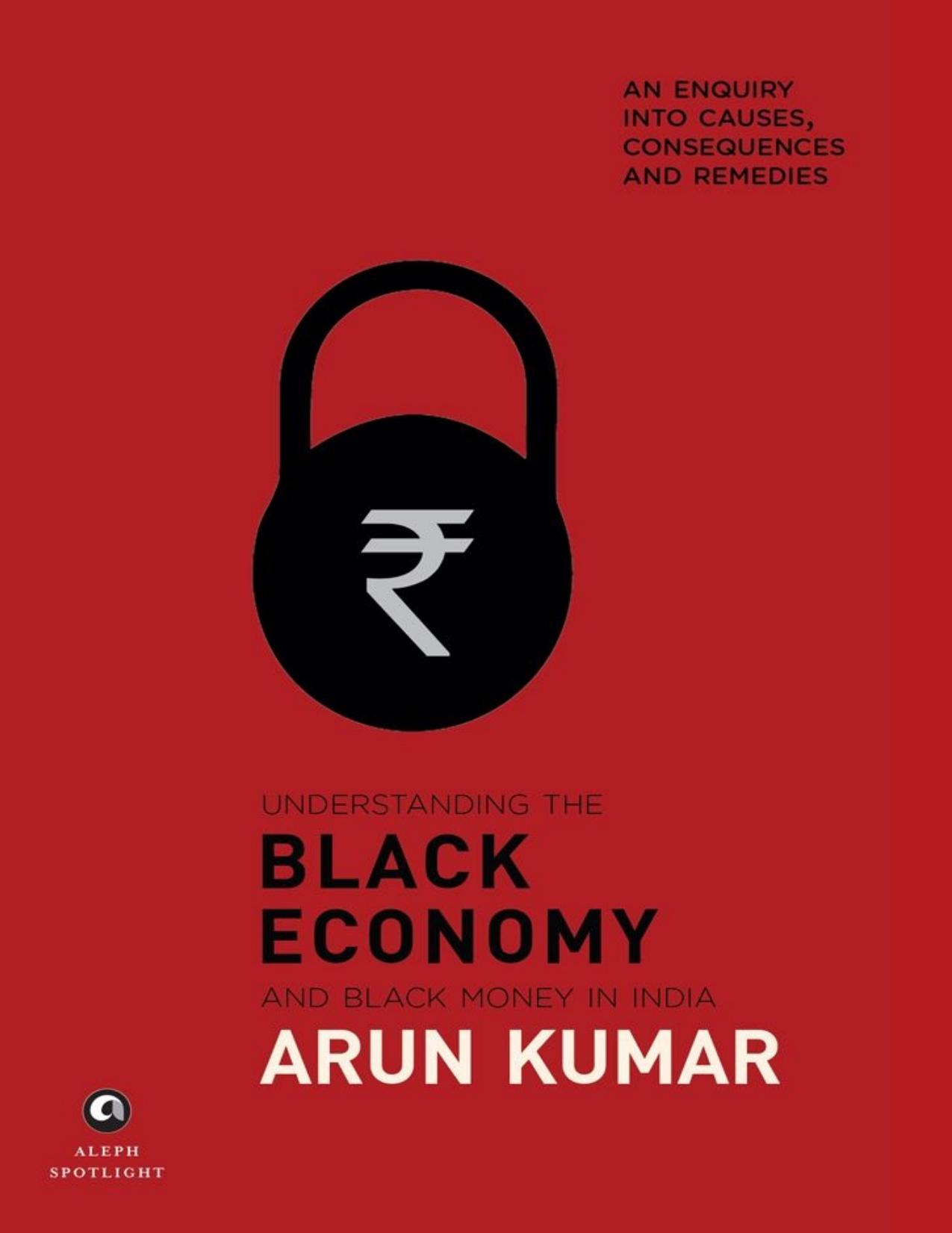Understanding the Black Economy and Black Money in India: An Enquiry into Causes, Consequences & Remedies by Arun Kumar

Author:Arun Kumar [Kumar, Arun]
Language: eng
Format: epub, azw3, pdf
Publisher: Aleph Book Company
Published: 2017-02-03T23:00:00+00:00
IV.2.1 Less Government, Not No Rules
As societies have become more complex, cases of market failure have increased. Economic theory suggests that when market-driven solutions fail, the government has to intervene to enable society to reach the most desirable (optimum) situation for it. For example, in India the girl child is not given the same priority in education or health as the male child, because of the tradition that after marriage she will leave. But this is sub-optimal for society since she is responsible for the health and education of the child. If her health and education levels were better, that would mean her children would be better off too. So, left to the markets, the situation would not be a desirable one for society. The government has to intervene and improve the situation for the girl child through the creation of special provisions, schemes and programmes. Similarly, in the case of sanitation and sewage, government intervention is required in order to make cities cleaner and hygienic.
Yes, there should be the least possible government in societies but not necessarily an absence of rules and regulations. If citizens automatically follow rules and regulations we would need less state apparatus and regulatory authorities, and overt regulation could be minimized. The more the rules are flouted, the more the regulatory apparatus and costs of enforcement and less the efficiency.
In India, the elites appear to be lawless. It could be said of them that they regard being in power as not just giving them the authority to enforce the rules but also the capacity to bestow favours, often involving a quid pro quo. The attitude is feudalâone can exploit oneâs position. From the lowest to the highest, the elite tend to flout rules. From infractions as small as jumping traffic lights to bigger ones like violating environmental regulations, building by-laws or zoning by-laws. Can cities survive without building or zoning by-laws? How can city planning be done without some norms? No wonder then that in India, cities are characterized by the breakdown of urban infrastructure, unhygienic conditions, disease and large-scale pollution. Even where the private sector has set up posh townships, adequate facilities are lacking because the developer has flouted rules to make an extra buck. Those who buy property from such developers then suffer the consequences for a long time.
In India, laws on paper are very good but their implementation is weak. Instead of trying to implement them better, the laws themselves are changed from time to time via amendments or by executive order. This makes the laws more complex but does not guarantee that they will be followed. Greater complexity makes it difficult to implement the rules and, therefore, it becomes easier to flout them. Income tax rules are an obvious case in point. The 1960 Income Tax Act was a simple one. As people found more loopholes to avoid tax payments, the department formulated new rules to plug them. This made the rules more and more complex and more difficult for the officers to implement.
Download
Understanding the Black Economy and Black Money in India: An Enquiry into Causes, Consequences & Remedies by Arun Kumar.azw3
Understanding the Black Economy and Black Money in India: An Enquiry into Causes, Consequences & Remedies by Arun Kumar.pdf
This site does not store any files on its server. We only index and link to content provided by other sites. Please contact the content providers to delete copyright contents if any and email us, we'll remove relevant links or contents immediately.
International Integration of the Brazilian Economy by Elias C. Grivoyannis(57320)
The Radium Girls by Kate Moore(10907)
Turbulence by E. J. Noyes(7037)
Nudge - Improving Decisions about Health, Wealth, and Happiness by Thaler Sunstein(6633)
The Black Swan by Nassim Nicholas Taleb(6190)
Pioneering Portfolio Management by David F. Swensen(5605)
Rich Dad Poor Dad by Robert T. Kiyosaki(5147)
Zero to One by Peter Thiel(4824)
Man-made Catastrophes and Risk Information Concealment by Dmitry Chernov & Didier Sornette(4735)
Secrecy World by Jake Bernstein(3782)
Millionaire: The Philanderer, Gambler, and Duelist Who Invented Modern Finance by Janet Gleeson(3568)
Skin in the Game by Nassim Nicholas Taleb(3459)
The Age of Surveillance Capitalism by Shoshana Zuboff(3422)
The Money Culture by Michael Lewis(3284)
Skin in the Game: Hidden Asymmetries in Daily Life by Nassim Nicholas Taleb(3264)
Bullshit Jobs by David Graeber(3179)
The Dhandho Investor by Mohnish Pabrai(3168)
The Wisdom of Finance by Mihir Desai(3078)
Blockchain Basics by Daniel Drescher(2890)
